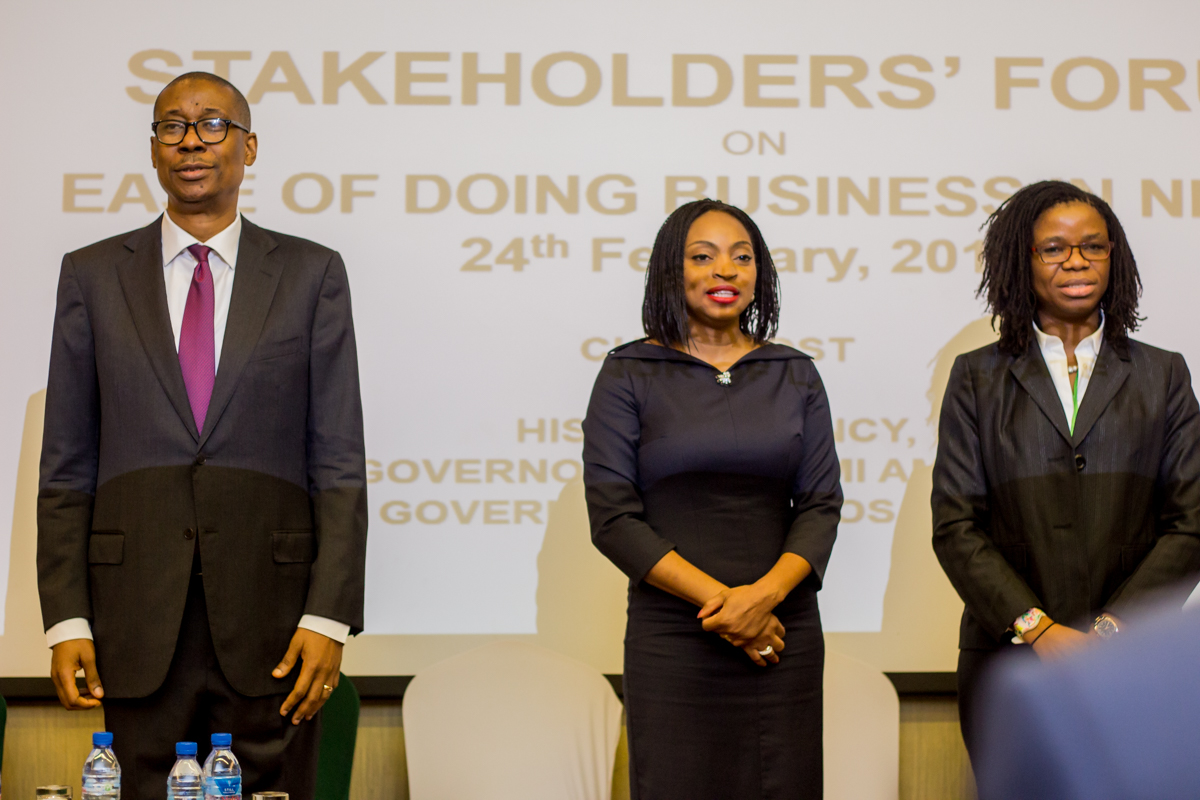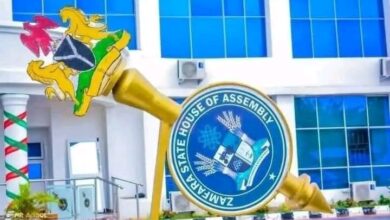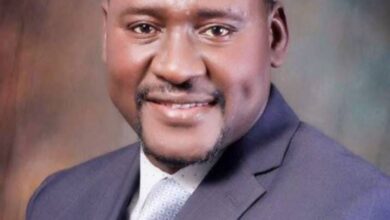CAC reduces number of forms needed for company incorporation to one

*As FG begins enabling businesses as way to sustainable economy
*We hold forum to show govt efforts to ease business – EBES boss
By Kemi Kasumu
Speaking at the Lagos forum, the Minister of Industry, Trade and Investment, Dr. Okechukwu Enelamah, said the renewed push to ease the business environment was due to the realisation that “every country that has gotten it right has enabled businesses. It is the most sustainable long term way.”
The Corporate Affairs Commission (CAC) has consolidated the forms required to incorporate a business in Nigeria, reducing the number from seven to one.
This was disclosed by Special Adviser to the commission’s Registrar General, Alhaji Garba Abubakar at the Presidential Enabling Business Environment Council (PEBEC)/Enabling Business Environment Secretariat (EBEC) Stakeholders Forum, held in Lagos on Friday.
“We now have just one form

which has been deployed this week. It contains all the information you need to register and is available for download on the CAC website. This reduces the cost and time needed to register a business,” Abubakar said on Friday at the Lagos Stakeholders Forum of the Enabling Business Environment Secretariat (EBES).
Abubakar said the CAC would ensure that business owners were able to upload documents electronically as part of its deliverables in the 60-day National Action Plan on Ease of Doing Business in Nigeria.
The Lagos Stakeholders Forum was the second in two days by EBES, following Thursday’s forum in Kano.
According to the coordinator of EBES, Dr. Jumoke Oduwole, the forums were designed to inform private stakeholders about government’s efforts to ease the business environment, share details on the Action Plan and receive feedback to report back to the Presidential Enabling Business Environment Council (PEBEC).
She pointed out that an example of the feedback process at work was the unscheduled visit on Thursday by Acting President Yemi Osinbajo to the Murtala Mohammed International Airport, Lagos, based on EBES feedback.
The EBES Coordinator said, “Our vision is a dramatic improvement in Nigeria’s business environment over the next three years to a top 100 ranking in the World Bank Doing Business Report, with increased cross-border trading, increased productivity across key economic sectors and an improved business environment that is attractive to both domestic and foreign investors,” she said.
The two forums in Kano and Lagos were well attended by government officials, heads of MDAs and private sector players who interrogated and interacted with officials, offered advice and aired grievances.
Speaking at the Lagos forum, the Minister of Industry, Trade and Investment, Dr. Okechukwu Enelamah, said the renewed push to ease the business environment was due to the realisation that “every country that has gotten it right has enabled businesses. It is the most sustainable long term way.”
In Kano, Gov. Abdullahi Ganduje was represented by his deputy, Professor Hafiz Abubakar, while in Lagos, Gov. Akinwunmi Ambode was represented by the Commissioner of Physical Planning and Urban Development, Hon. Wasiu Anifowoshe.
The governors’ representatives highlighted reform efforts in their respective states especially as regards getting construction permits and registering properties under their purview.
Speaking on behalf of Lagos State Governor Akinwumi Ambode, Hon. Wasiu Anifowoshe said, “In Lagos, getting governor’s permit now takes less than 30 days. Quote me anywhere.”
Some other reform initiatives announced at the forums included the CAC upcoming reform that was said to allow business owners to get e-stamps for stamp duties without the need to visit the offices of the Federal Inland Revenue Service (FIRS).
On its part, the FIRS said Tax Identification Numbers (TIN) could now be gotten when registering businesses at the CAC without having to visit its offices.
Other facilitators at the event included Ms. Yewande Sadiku, the Executive Secretary of the Nigerian Investment Promotion Council (NIPC) and Mrs. Jameelah Ayedun, the Managing Director of CR Services.
Other in attendance were some officials from the Federal Inland Revenue Service (FIRS), Nigeria Electricity Regulatory Commission (NERC), Eko Distribution Company, the National Collateral Registry, Nigeria Ports Authority (NPA), Nigeria Customs Service (NCS), amongst others.
The Stakeholders Engagement Forums were anchored around the seven priority reform areas of EBES, namely, Starting a Business, Getting Credit, Trading Across Borders, Getting Electricity, Construction Permits, Paying Taxes and Registering Property.









